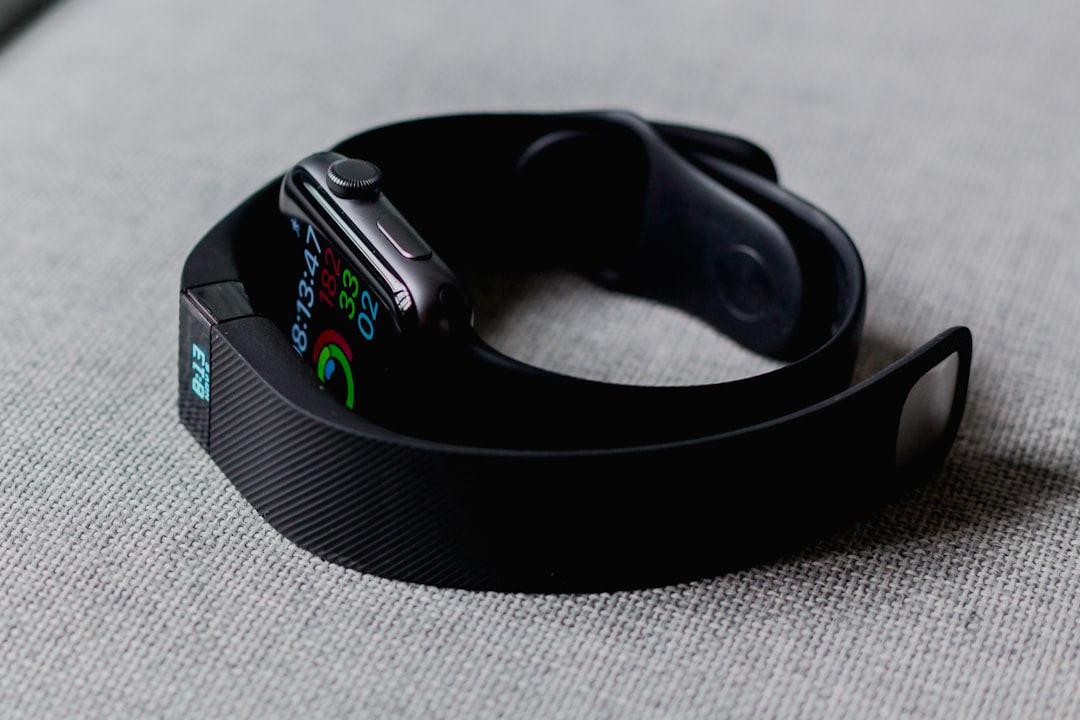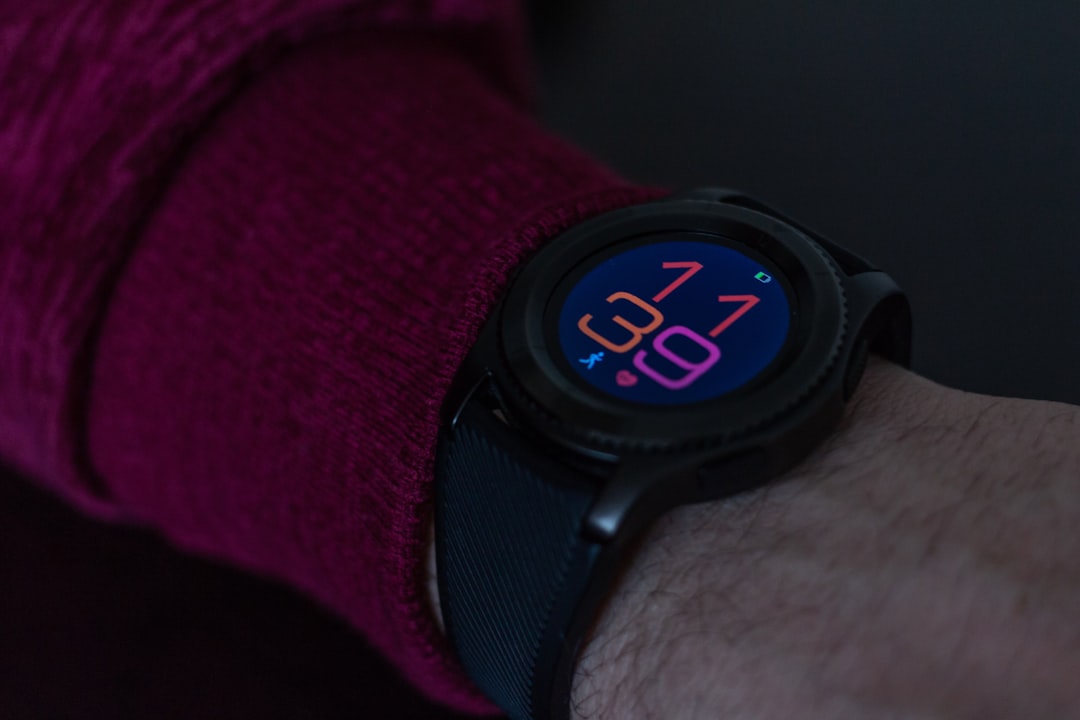By Vilhelmiina Haavisto, Deputy Science Editor
The use of health and fitness trackers is ever-growing, but could they be causing us to worry unnecessarily about our health?
In mid-September, Apple announced that their latest Watch will include what is being hailed as the first over-the-counter electrocardiogram, or ECG, app. It can measure the user’s heart rate directly from the wrist, and even detect signs of erratic heartbeats that could signal an oncoming stroke. Though novel and exciting, there are concerns that the new feature could lead to users over-worrying about their heartbeat, seeking out unnecessary emergency treatment, and thus straining already-busy emergency services. As such wearable capabilities and other health apps become ever more commonplace, it is worth considering whether they cause us to worry about our health unnecessarily, and even misdiagnose ourselves with health issues.
In 2017 the usage of health and fitness apps had grown by a staggering 330% since 2014
Recently, the popularity of health and fitness apps and wearables has grown enormously. Flurry Analytics estimated in 2017 that usage of health and fitness apps had grown by a staggering 330% since 2014, with workout and weight loss apps alone accounting for nearly three-quarters of total app sessions. This large share is partially due to wearables that encourage tracking of daily exercise and weight. Indeed, a 2015 study found that over half of UK wearable-users had purchased one to access exercise information. Even the NHS dubs health and fitness trackers “effective ways to share your goals and get advice and support”.
There are many reasons for the growing success of health and fitness wearables and apps. For one, they can encourage physical activity as users set themselves goals – step-counters being just one example. The NHS recommends taking 10,000 steps daily, but how many of us students, who spend so much time sat down in lectures, seminars, and libraries, actually achieve this every day? Then again, many students are also involved in sports clubs, work out independently, and scale the Bristol hills on the daily, so maybe we can cut ourselves some slack here. Regardless, step-counting is one way of making positive changes to your daily routine. This could start small, by taking the stairs instead of the lift, or walking a longer route to get a bite to eat – just noticing to how much you move around during the day is a great start.
Photo by Andres Urena / Unsplash
Health and fitness trackers can also be used to prevent overexertion. For example, those who need to keep their heart rate low for health reasons might find heart rate measuring apps very useful. They can also be used to keep heart rate low enough during endurance-building workouts, thus making workouts safer and more effective. However, accuracy remains a issue. Indeed, Apple notes that their new ECG app may produce anomalies whereby a user’s heart rate appears “abnormally high or low”. Moreover, a 2016 study published in JAMA Cardiology found that the accuracy of heart rate monitoring wearables becomes increasingly inconsistent above 100 bpm, a normal heart rate for an exercising person. Underestimation especially can push people to go harder when it would be safer not to, thus risking injury and overexertion. Likewise, a 2017 study found that the people who develop health and fitness apps are largely disconnected from the scientific community, where the latest data comes from. This means that apps may not even always be scientifically accurate, or approved by medical professionals.
Photo by Artur Łuczka / Unsplash
Although sometimes controversial, nutrition and weight-loss apps can be helpful to some. A new branch of the NHS website features apps including a food scanner, containing nutritional contents of 140,000+ products, and multiple apps for diabetes management, all with various specific capabilities. While such apps can be genuinely useful, they can also lead to real problems. For example, a 2017 study on over 400 university students found that fitness and calorie tracking were associated to dietary restraint and disordered eating, especially after adjusting for factors such as gender and BMI. In general, over-fixation on working out and calorie-counting can be detrimental, and apps that track every aspect of our health arguably exacerbate this by gathering data to fixate on. In the worst-case scenario, daily statistics begin to define our self-worth, and we may beat ourselves up over not reaching sometimes unrealistic goals, thus breeding unhappiness and self-loathing. There are aspects of health journeys that these apps do not even document, like how you feel emotionally during a workout, or after a meal, which are just as, if not more, important than any statistics or numbers.
So, while there are obvious benefits to using health and fitness tracking apps or wearables, it is important to be honest with yourself about the impacts they are having on your life – positive and negative. It is worth stepping back from all the data, enthralling as it is, and checking that you are invested in it for the right reasons. Health and fitness trackers are not friends, nor foes – just tools we can use to monitor our lifestyles, and possibly make positive changes.
Featured image: Unsplash / Artur Łuczka









